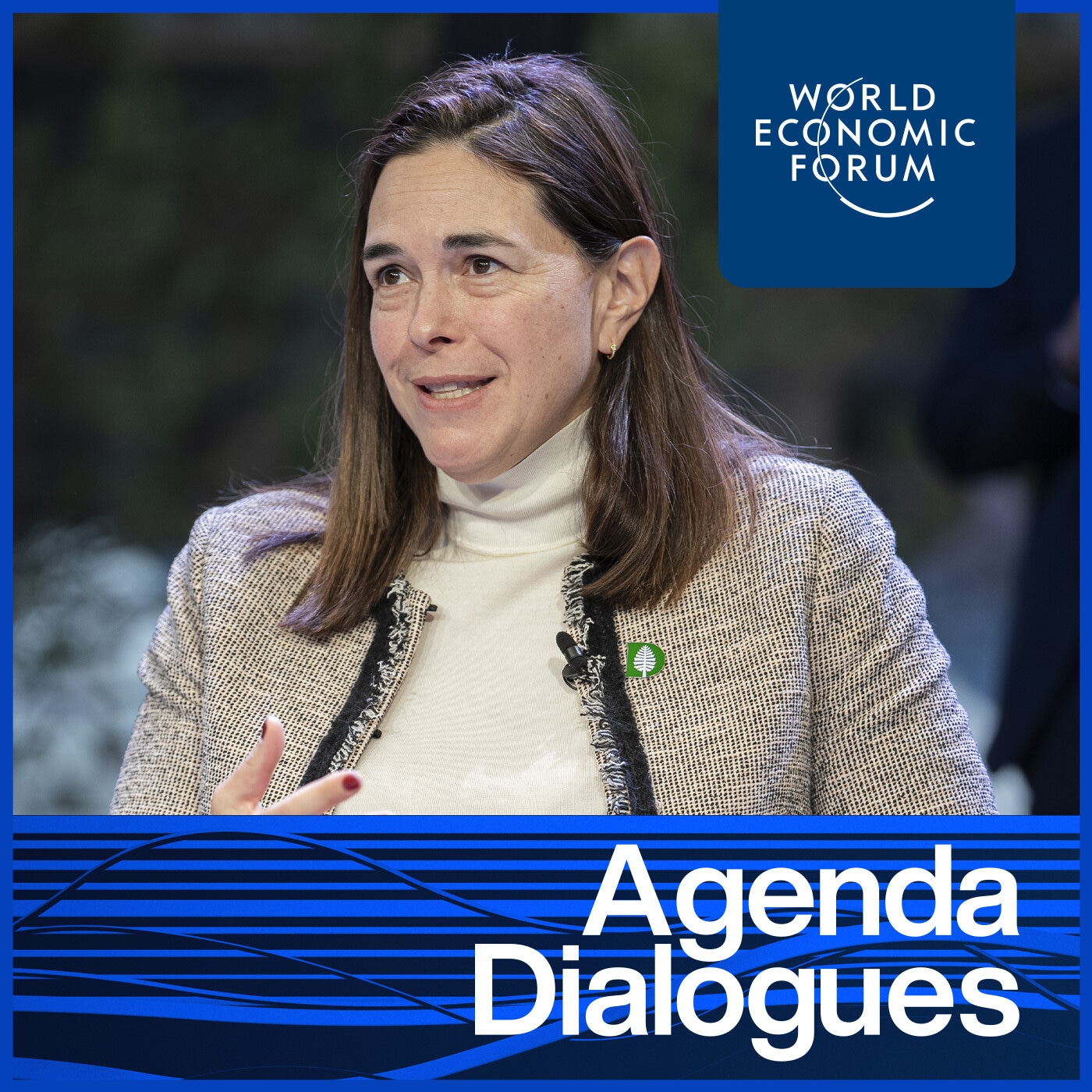How children are standing up for their rights
Gordon Brown
United Nations Special Envoy for Global Education; World Health Organization Ambassador for Global Health Financing, The Office of Gordon and Sarah BrownStay up to date:
Hyperconnectivity
The British social reformer, Eglantyne Jebb, once noted that the only international language that the world understands is the cry of a child. Nearly a century after Jebb founded Save the Children, the 2014 Nobel Peace Prize was awarded to Malala Yousafzai, the 17-year-old campaigner for girls’ education, and child-labour opponent Kailash Satyarthi. The Nobel Committee thus recognized a global civil-rights struggle against child trafficking, child labour, child marriages and discrimination against girls.
Given recent and ongoing conflicts in Syria, Iraq, Gaza and South Sudan, which have devastated so many young lives, the Nobel committee had good cause to highlight children’s suffering. Schools, which should have been sanctuaries, have become military targets. Thousands of children in Syria and Iraq have been press-ganged into military service. Despite the efforts of United Nations relief agencies, the carnage this summer has created an additional one million child refugees.
The vulnerability of children was illustrated only too well six months ago, when the Islamist terrorist group Boko Haram (whose name means “Western education is a sin”) abducted 276 Nigerian schoolgirls. Even if all of the kidnapped girls are returned safely, as a truce between the group and Nigeria’s government stipulates, there are still 15 million children under the age of 14 worldwide who are forced to work, often in appallingly exploitative environments. A further ten million school-age girls are married off as child brides each year, while around 32 million girls are denied the right even to an elementary education.
But a worldwide counter-offensive is now underway. Satyarthi’s Global March Against Child Labour has rescued thousands of boys and girls, as young as eight, working as slave laborers in India’s back streets and sweatshops. The organization has inspired a worldwide campaign to lift children out of exploitation and into education.
Meanwhile, Yousafzai – following her defiant response to an assassin’s bullet two years ago – has led the fight to end discrimination against girls. Her impact has been remarkable. Visiting Pakistan immediately after that attack, I saw angry girls cowed into submission by their fear of the Taliban. On a return visit a few weeks ago, I addressed some 2,000 girls about education. Inspired by Yousafzai, they were far from quiescent; on the contrary, they were vocal in their demands for the same rights that boys enjoy.
Hundreds of local child-liberation groups, some in the least promising of places, have emerged to fight for children’s civil rights. These include the Freed Kamlari Development Forum (which combats girls’ slavery in Nepal); the Upper Manya Krobo Rights of the Child Club; and the Yellow movement, which campaigns for youth rights in Ethiopia.
These young activists may not yet be trending on Twitter or Facebook, or even be household names in their own countries, but support for their cause is growing fast. Consider the campaign for child-marriage-free zones, which began with schoolgirls in 20 areas of Bangladesh uniting to fight against child marriage. The movement now operates in Pakistan, India and Africa. The success of these groups, led by Plan International, has forced governments to toughen laws against child marriage, and – as in Pakistan’s Sindh province – beef up enforcement and policing.
Yousafzai and Satyarthi would undoubtedly point to thousands of others like them who are protesting against child marriage, labour and trafficking. Indeed, for the past two years, the Youth Courage Awards have recognized campaigners – role models for a new generation – who have transformed the prospects for children in their own countries. They include: India’s Ashwini, a visually impaired champion for disabled children; Attal, who created a girls school in his family kitchen in Afghanistan; Shweta, who grew up in a South Asian brothel and created a support group for trafficked and abused girls; and Salyne, whose organization, Teach For Lebanon, is helping to educate many of the country’s half-million Syrian and Palestinian refugees.
One Youth Courage award winner, Razia, who at the age of nine was forced to stitch footballs when she should have been in school, started her civil-rights work after Satyarthi rescued her. She is now leading the campaign in India for the right to education.
The campaign against child exploitation and for education has become global. The organization A World at School is now circulating the biggest-ever petition in support of the Millennium Development Goal of universal education.
The sad fact is that children are doing more than adults to fight for their own rights. Nonetheless, the child-liberation movement that Satyarthi, Yousafzai, and others have helped to mobilize is growing by the day, and new, courageous voices are speaking out against injustices that cannot be allowed to persist for another generation.
Published in collaboration with Project Syndicate
Author: Gordon Brown, former Prime Minister and Chancellor of the Exchequer of the United Kingdom, is United Nations Special Envoy for Global Education.
Image: An Indian girl cracks stones into little pieces during her work at the banks of Mahananda river in Siligurion. REUTERS/Desmond Boylan
Don't miss any update on this topic
Create a free account and access your personalized content collection with our latest publications and analyses.
License and Republishing
World Economic Forum articles may be republished in accordance with the Creative Commons Attribution-NonCommercial-NoDerivatives 4.0 International Public License, and in accordance with our Terms of Use.
The views expressed in this article are those of the author alone and not the World Economic Forum.
Forum Stories newsletter
Bringing you weekly curated insights and analysis on the global issues that matter.
More on Education and SkillsSee all
Rachmat Pambudy
May 1, 2025
Shuvasish Sharma and Ximena Játiva
May 1, 2025
Ricky Li and Ximena Játiva
May 1, 2025
Ana Mahony
April 30, 2025
Ronit Avni
April 28, 2025





